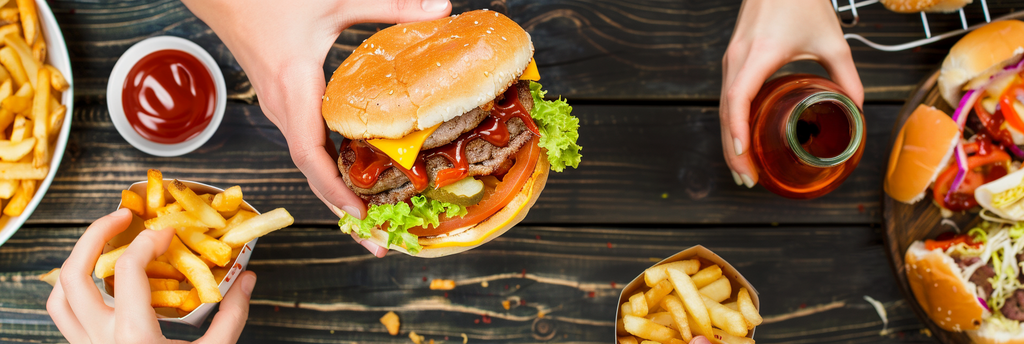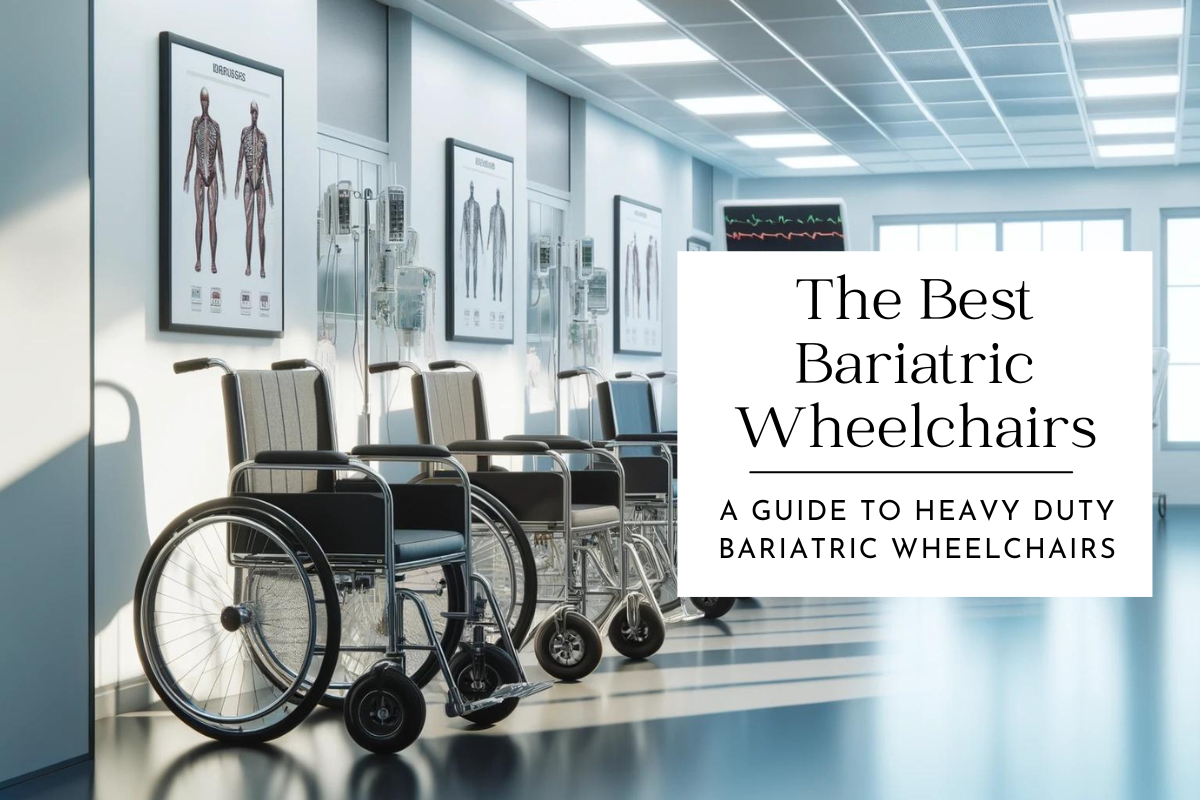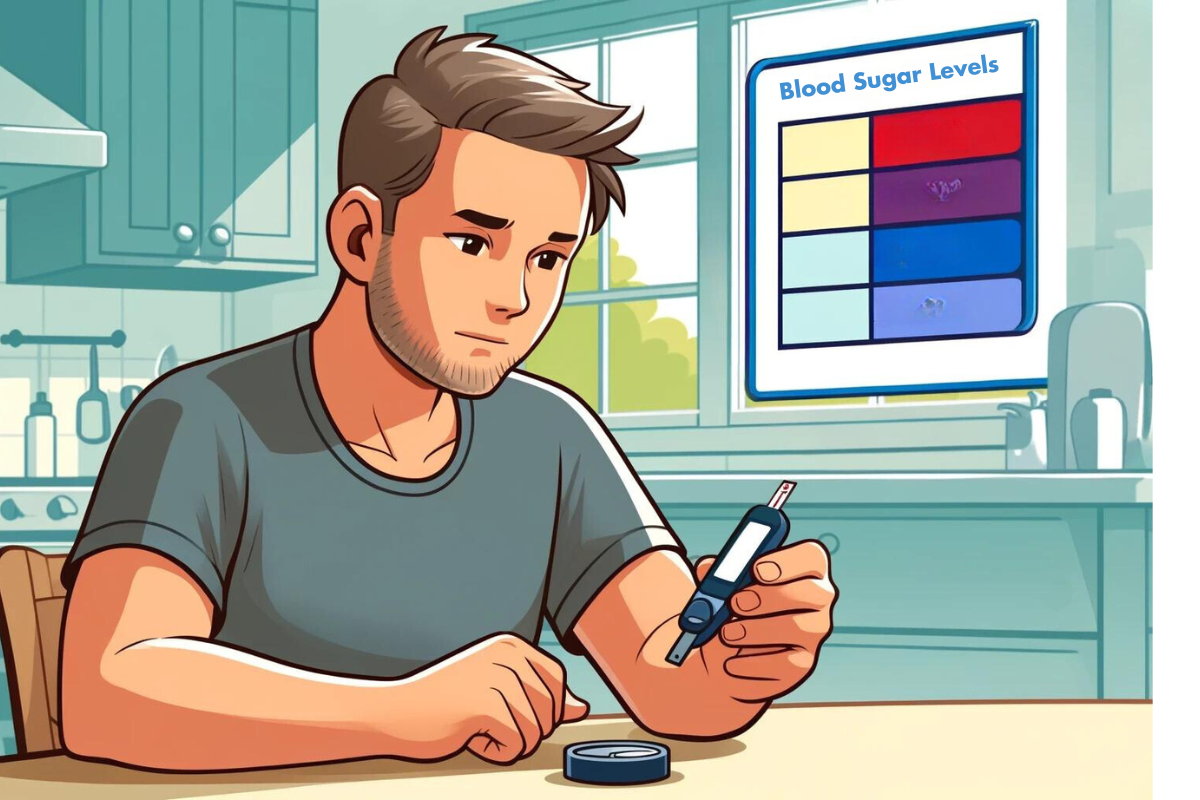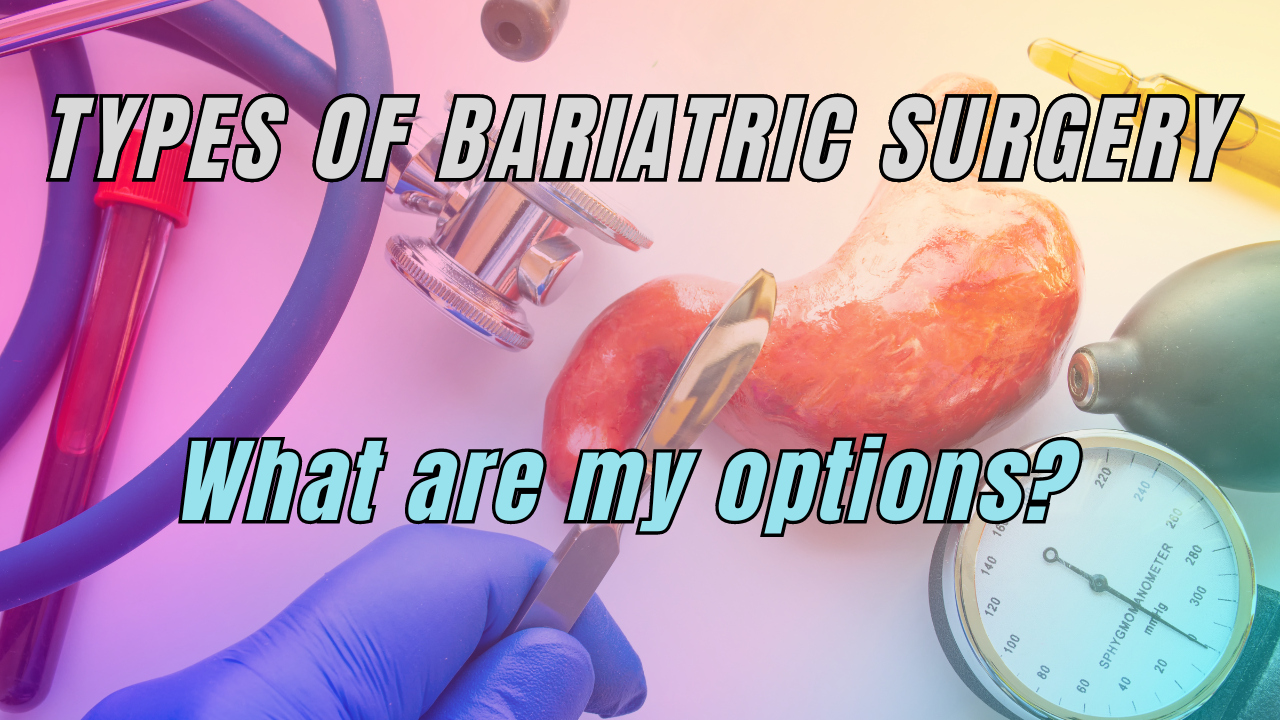Your cart is empty
Looks like you haven't added anything to your cart yet

Effect of GLP-1 Drugs on Food Preferences and Taste Changes
Do GLP-1 Drugs Alter Food Preferences and Taste Changes in Adults with Obesity?
With obesity becoming a global health issue, there is a growing interest in pharmaceutical interventions. One promising type of medication for treating obesity is called GLP-1 analogs, which include drugs like semaglutide (Ozempic, Wegovy, Rybelsus) and liraglutide (Saxenda, Victoza). Recent studies have shown that GLP-1 analogs can help people lose weight and also change the types of foods they prefer to eat, similar to the changes seen in eating after bariatric surgery.
How GLP-1 Analogs Work in the Body
GLP-1 analogs work by mimicking the effects of a natural hormone called GLP-1, which is made in the gut. When GLP-1 analogs are given to a person, they attach to GLP-1 receptors in different parts of the body, including the brain, pancreas, and stomach. This leads to several effects that help with weight loss, such as increasing insulin production, slowing down digestion, and reducing appetite.
One of the most interesting effects of GLP-1 analogs is their ability to change food preferences. Although scientists don't fully understand how this works, they think that GLP-1 analogs may act on specific areas of the brain that control reward and appetite, leading to changes in the desire for certain types of food.
GLP-1 Analogs and Food Preferences
Studies have shown that GLP-1 analogs can decrease cravings for high-fat and sugary foods. People taking semaglutide reported a reduced preference for these foods compared to those taking a placebo, while people taking liraglutide consumed fewer high-fat and high-sugar foods.
Related:
👉 How Much Protein Do I Need While on Ozempic? 🌟

These changes in food preferences may be due to alterations in brain reward pathways, reduced appetite, and increased feelings of fullness. However, most studies have focused on short-term effects during the weight loss phase (12-18 months), and less is known about long-term effects on food preferences during the weight maintenance phase. Further research is needed to understand the durability of these changes and their impact on long-term weight management.
Personalized Treatment Plans for Obesity
GLP-1 analogs' ability to change food preferences can help improve obesity treatment by allowing healthcare providers to create personalized treatment plans. These plans can target specific food preferences and address each patient's individual needs and challenges.
For instance, a doctor could prescribe a GLP-1 analog that reduces the desire for high-fat foods to a patient struggling with cravings for these foods. This targeted approach may lead to better results and improved treatment adherence.
Related: The Best Wegovy Diet Plan

Combining GLP-1 analogs with other treatments, such as dietary counseling and behavior modification, or even bariatric surgery, can further enhance their effectiveness by addressing both the biological and psychological aspects of food preferences.
However, creating personalized treatment plans based on individual responses to GLP-1 analogs may present challenges, as not all patients may experience the same changes in food preferences or have the same level of success with treatment adherence. Further research and clinical experience will be necessary to identify which patients may benefit most from GLP-1 analog treatment and to tailor treatment plans accordingly.
The Need for Further Research
To fully understand how GLP-1 analogs change food preferences and improve obesity treatment, more comprehensive and objective studies are needed. Future research should focus on:
- Investigating changes in food preferences during the weight maintenance phase
- Using objective measurement tools, such as the Universal Eating Monitor and drinkometer, to provide more accurate data on food intake and preferences
- Exploring the potential of combining GLP-1 analogs with other anti-obesity medications or interventions
- Studying the long-term effects of GLP-1 analogs on food preferences, eating behaviors, and overall health
These studies can help researchers better understand the effects of GLP-1 analogs on eating behavior, identify potential side effects, and develop more effective treatment strategies for long-term weight management.
The Potential of GLP-1 Medications in Revolutionizing Obesity Treatment
As the obesity epidemic continues to grow, the development of new and effective treatments is more important than ever. GLP-1 analogs, with their ability to change food preferences and promote weight loss, have the potential to revolutionize obesity treatment and improve patient outcomes. By continuing to study these medications and their effects on eating behavior, we can work towards a future where obesity is better understood, treated, and prevented.
Writer: Carrie H. Carrie is a dedicated health and nutrition writer with a strong background in medical and scientific research. She is driven by a passion for helping others lead healthier lives, diving into the latest scientific research. Combining evidence-based knowledge with practical advice, Carrie strives to provide accurate and valuable information on health, nutrition, and wellness. Her ultimate aim is to empower readers, enabling them to make informed choices about their well-being. |
Reviewed By: Dr. Kevin Huffman Dr. Kevin D. Huffman, D.O., is a leading board-certified bariatric physician with extensive expertise in treating obesity. He has trained countless healthcare providers and founded American Bariatric Consultants to develop protocols and training materials sought by medical societies, pharmaceutical companies, patients, and hospitals. Dr. Huffman's impact extends beyond patient care as he prepares physicians for board certification, expanding access to this vital treatment. |
- Choosing a selection results in a full page refresh.









